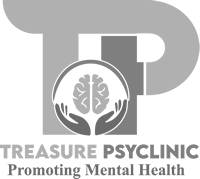Family therapy is a type of psychological counseling that focuses on improving communication, resolving conflicts, and fostering understanding among family members. It views the family as a system where the behavior of one member affects the whole unit. Here’s a closer look at its key components:
PurposeEnhancing Communication: Helps family members express their thoughts and feelings openly.
-
Resolving Conflicts: Aims to address and manage conflicts and misunderstandings within the family.
-
Building Relationships: Strengthens relationships among family members, promoting healthier interactions.
-
Supporting Individual Growth: Encourages personal development while also supporting family dynamics.

Types of Family Therapy
-
Structural Family Therapy: Focuses on the organization of the family and the relationships between members. It aims to change the family structure to improve functioning.
-
Strategic Family Therapy: Emphasizes the role of communication and strategies to address specific problems, often using techniques like role-playing.
-
Narrative Therapy: Encourages families to tell their stories, helping them to reframe their experiences and develop new perspectives.
-
Systemic Family Therapy: Views issues in the context of family dynamics and interactions, emphasizing the interconnectedness of members’ behaviors.
Benefits
-
Improved Communication: Family therapy can help members communicate more effectively, reducing misunderstandings and fostering empathy.
-
Conflict Resolution: It provides tools and strategies for managing and resolving conflicts constructively.
-
Strengthened Bonds: Encourages connection and support among family members, enhancing overall family cohesion.
-
Individual Growth: Supports personal development within the context of family relationships, helping members grow both individually and collectively.


